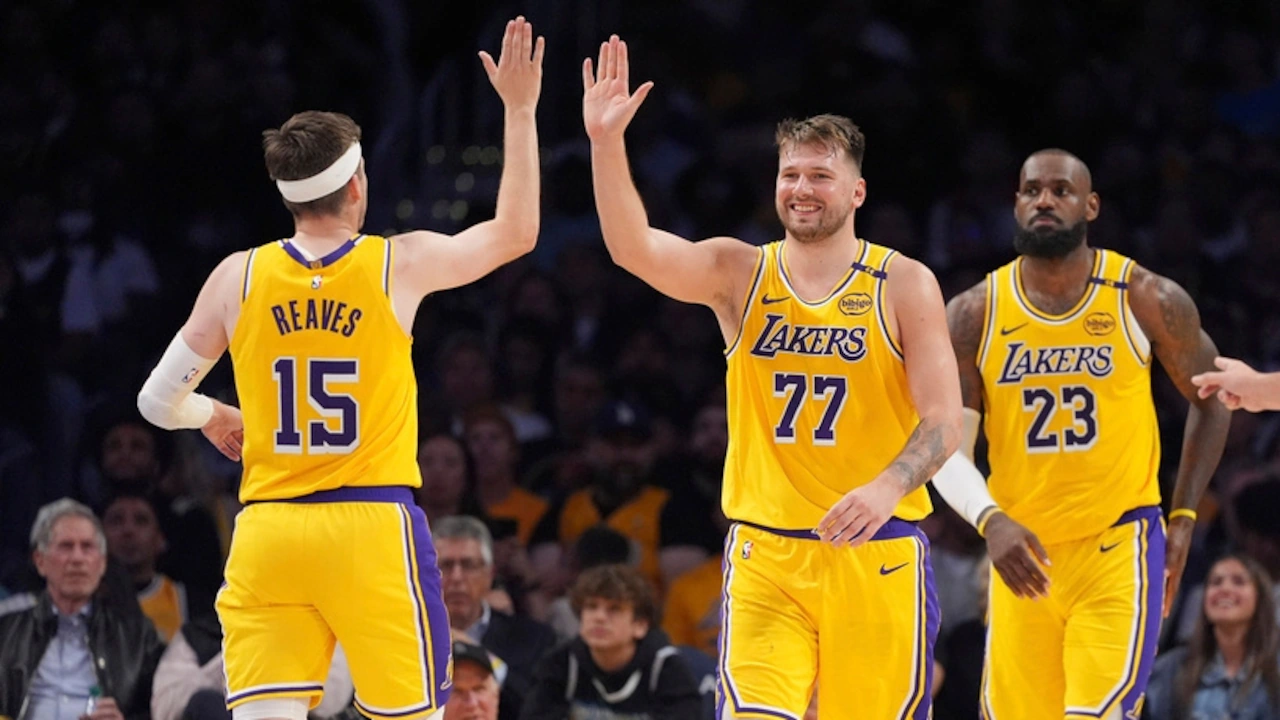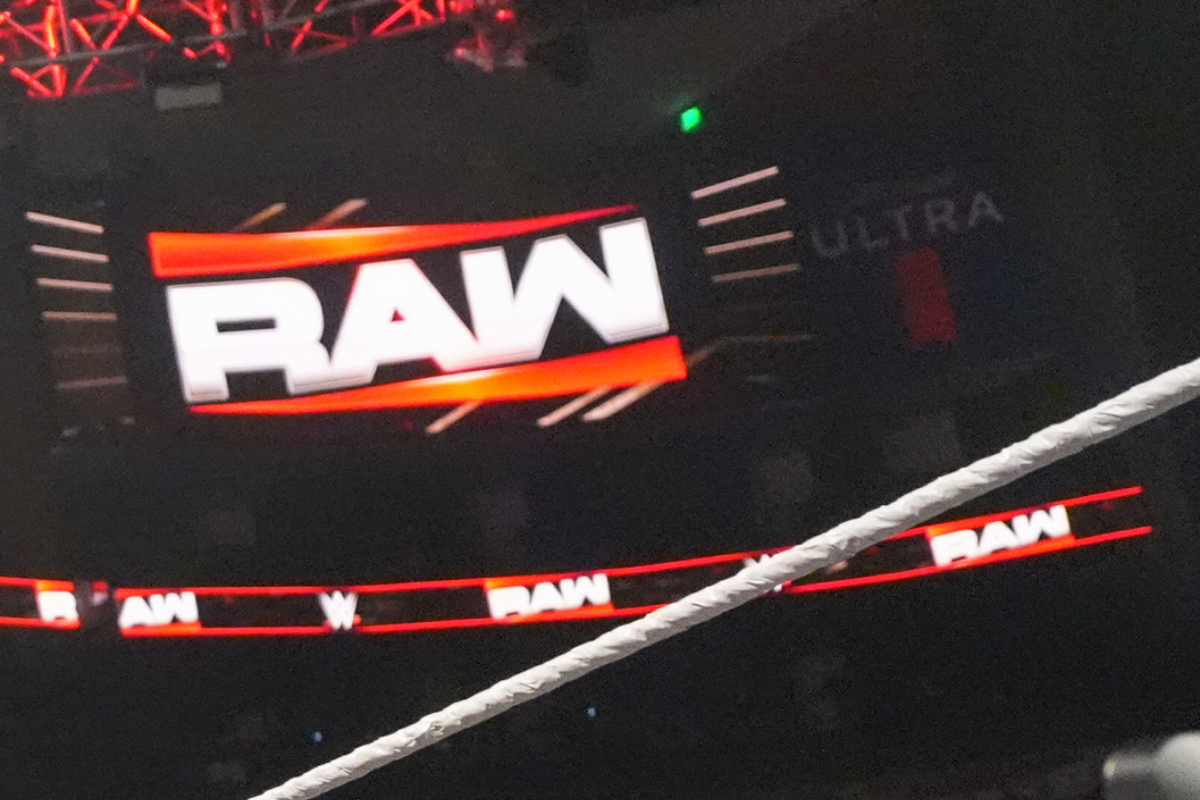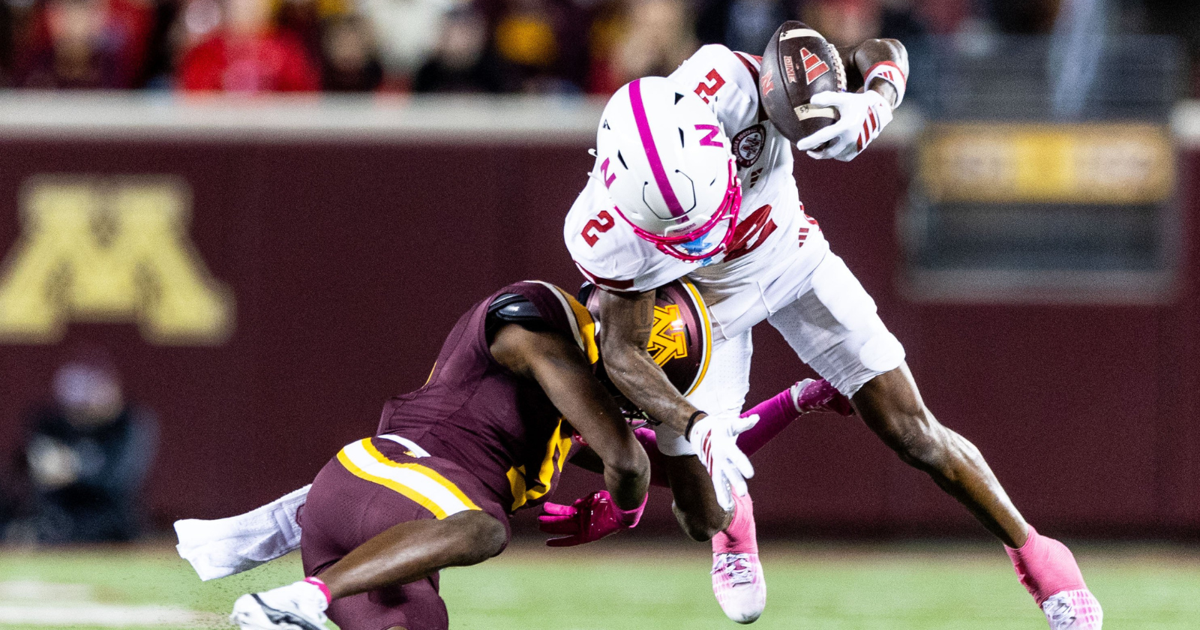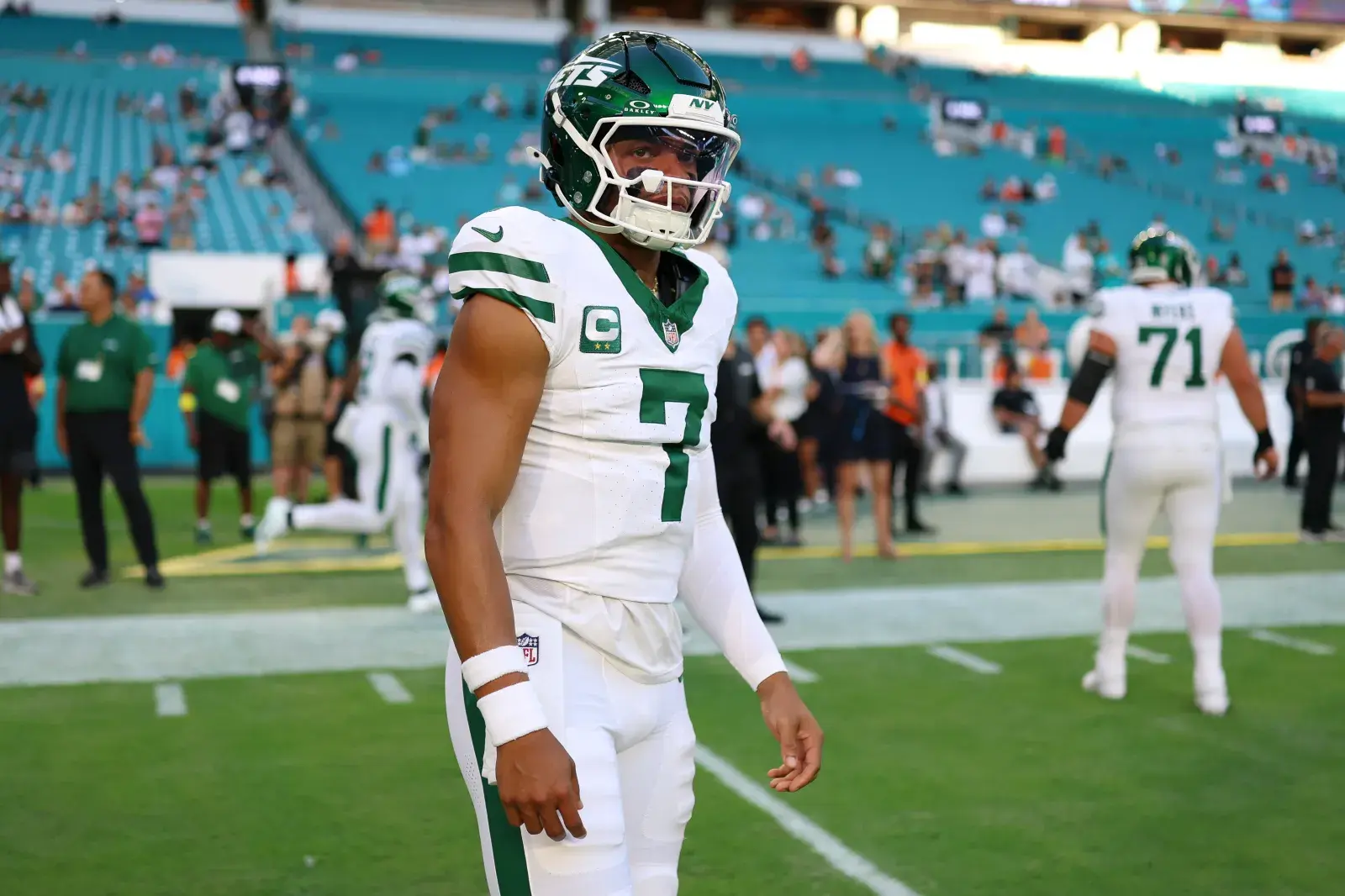Copyright The Boston Globe
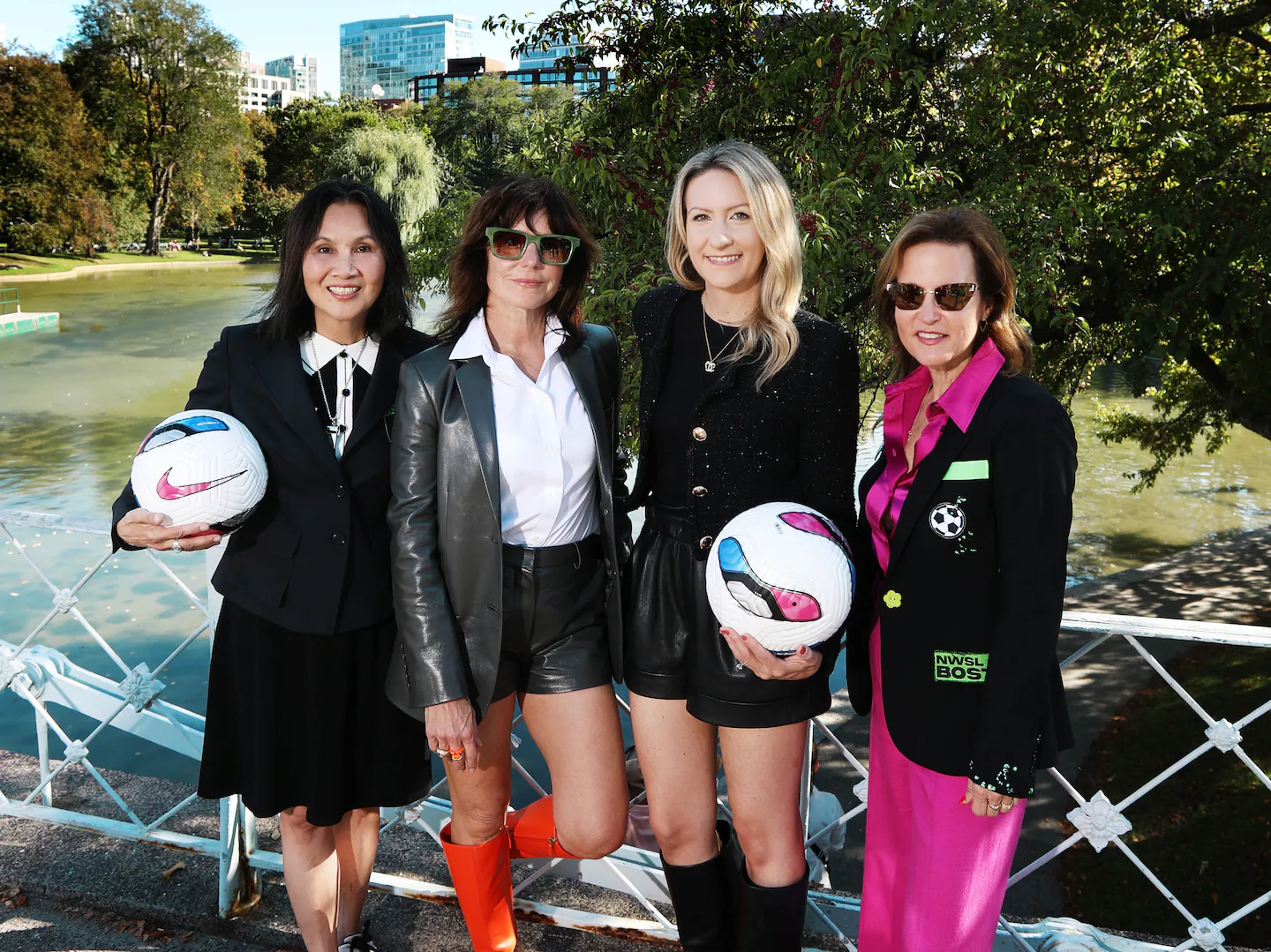
Then they hit launch. The video introducing the team name went viral — but not in a good way. The club’s name, BOS Nation Football Club, was greeted immediately as a colossal own-goal. An anagram of Bostonian, the name borrowed the city’s BOS abbreviation as a way to evoke a “boss” — even, gulp, girlboss — attitude. But what was supposed to be badass was just bad. A Yahoo Sports podcast host joked that they had made a mistake in choosing “BOS Nation” over “Lady Dunkin.” A writer for The Athletic called it “monumentally stupid.” Fans promptly launched a change.org petition calling for the name to be replaced. The accompanying “Too Many Balls” marketing campaign met, if possible, even more resistance. It offended not just good taste, but also the existing women’s sports teams in Boston and some members of the trans community. One National Women’s Soccer League player, Quinn, who identifies as nonbinary transgender, posted simply on Instagram: “Feels transphobic. Yikes.” The founders were already deep in damage control as hundreds gathered at Dick’s Sporting Goods’ flagship store in the Back Bay for an awkward launch party. The next day, the founders pulled the “Too Many Balls” campaign and issued a public apology to the LGBTQ+ and trans communities for “the hurt we caused.” “I felt like I had been preparing for a Super Bowl, and we lost 49-nothing,” recalls Connaughton. Already besieged over their plans to renovate White Stadium in Franklin Park and make it the team’s new home, the founders had hit a low moment. But they pivoted. “I’m a marketer by training, and I understand campaigns sometimes go sideways,” says Connaughton. So they went back to the drawing board. They brought together their biggest critics and loudest supporters. There were surveys and listening sessions, plus market research and quantitative analysis. They settled on a new name, one that evoked the city’s storied sports history: Boston Legacy FC. “Every decision, there’s a lot of energy, excitement, and ambition, but we’re human, and sometimes you create something that misses the mark,” says Epstein, Boston Legacy’s controlling manager. “The four of us, it’s our expectation that we be held accountable for our actions, and we really were grateful and incredibly appreciative that instead of turning away, the ask was for us to do better.” With the kickoff to Boston Legacy’s inaugural season just five months away, it is now up to this high-powered group of women — used to the rough-and-tumble world of finance, startups, and corporate America — to prove that they can navigate not just the business of professional sports, but the moods and passions of Boston sports fans. To do so, Epstein, Connaughton, Kuan Danoff, and Palmer will have to show they’ve learned from their early mistakes. It is no stretch to say the future of professional women’s sports in Boston is riding on it. The truth is, sports-crazy Boston has never gone crazy for women’s sports. Sure, there’s the Boston Fleet, the professional women’s hockey team, and the tackle football team Boston Renegades. But the previous NWSL team, the Boston Breakers, failed to attract a following and folded in 2018. And even though Massachusetts is the birthplace of basketball, we still don’t have a WNBA team. A year after the branding debacle, Boston Legacy has momentum, perhaps not a moment too soon. Fans have embraced the team’s new name, which was humbly revealed in March — no launch party or big campaign this time. Three months later, the club successfully rolled out its crest, an eight-feathered swan that pays homage to the eight original teams of the NWSL. Meanwhile, more than 6,000 season ticket deposits have been placed. And about $20 million in multiyear sponsorship deals have been committed for the jersey alone, including a front-of-kit placement for T.J. Maxx, the first time the Framingham retailer has been an official jersey partner for a women’s sports team. Sure, challenges remain. A legal battle complicated the $200-million-plus redevelopment of White Stadium, where the team plans to play, so fans will have to make the long trek to Gillette Stadium in Foxborough this inaugural season. But for sports owners in this town, all is forgiven if teams can bring home a title. And that’s not lost on these founders. For the photos accompanying this story, they even suggested posing by the Public Garden, in front of a duck boat wrapped in green-and-black team colors. That type of high-bravado move would traditionally light up call-in lines at WEEI and The Sports Hub. “What keeps us going is the chance to ride the duck boats down Boylston Street,” Epstein says, “celebrating a championship where women athletes are the focus.” For wildly successful businesspeople, the brass ring has long been owning a sports team. Some spend years waiting just for the chance to bid for one. Not the owners of Boston Legacy. They saw an opening and seized it, and in less than a year won an NWSL franchise for an expansion fee of $53 million. Palmer, a serial entrepreneur and the first woman general partner at Boston venture firm Flybridge, acted on a tip in the summer of 2022 from Kara Nortman, a venture capitalist visiting from Los Angeles and the cofounder of Angel City FC. Over breakfast at a Tatte Bakery & Cafe, Palmer learned that Nortman was launching Monarch Collective, a new fund to back women’s sports — and that the NWSL was expanding. A huge soccer fan, Palmer was intrigued by the prospect of creating a franchise that was “for the city with community at its core.” The next day Palmer broached the idea with Epstein, a lawyer-by-training who founded Juno Equity, a fund that backs women-led companies. The two shared an interest in investing in women founders, and Epstein had invested in Dough Collective, an ecommerce company Palmer launched. “I knew if anyone could bring a team here, solve for a stadium, and build an enduring sports legacy here in Boston, it would be her,” recalls Palmer. Epstein’s father, Robert, who is one of the biggest developers in Boston, had been a longtime minority owner of the Celtics, so Jennifer relished the chance to build on his legacy. She also saw investing in women’s sports as another way to create female role models, not just on the field but also in management and ownership. Epstein wanted someone with branding and marketing acumen, so she recruited Connaughton, whom she got to know after Connaughton left Gillette and began investing in women-owned ventures. “I got into this originally because I believe squarely in gender equity in sports,” says Connaughton. The last piece of the puzzle was Kuan Danoff, who Connaughton knew in part from sitting on the board of the Women’s Foundation of Massachusetts, which Kuan Danoff cofounded after a career as a portfolio manager at Putnam Investments. It felt like the women had assembled a super team. Together, they knew investing, they knew finance, they knew marketing, and they knew Boston. In those early days, the quartet’s reliance on each other would be a strength — but also a weakness. They had to work quickly. It was now July 2022. Only three cities would be awarded expansion franchises, and the other bidders were already far along in the applications, which were due in November. By January 2023, the quartet of founders knew that Boston was a prime candidate for 2026 expansion, but there was more work to be done. After the failure of the Breakers, the Boston group needed to know how much support there would be for women’s soccer — whether fans would buy enough tickets, watch games, and buy merchandise. After conducting a survey, they felt confident the answer was yes. The Breakers had largely targeted families, especially ones with young girls, as their fans. But today, with women’s sports booming across demographics, it’s not just women supporting women. Of the survey respondents who indicated they were “extremely likely” to become a fan or attend a match, 62 percent were men. That echoed data publicized by the WNBA, which has said that more than half of its fans are male. “That’s largely a generational change around the view of women’s sports, and certainly around soccer,” observes Connaughton. “These millennial men grew up playing soccer alongside their female student counterparts. ...I don’t think they make a distinction between them. These are just great footballers.” The team would also need a stadium. One of the reasons the Breakers never gained traction is that they didn’t have a field they could call their own, bouncing between Nickerson Field at Boston University, venues at Harvard, and Dilboy Stadium in Somerville. One location rose to the top: White Stadium. Owned by the City of Boston, the Franklin Park stadium had fallen into disrepair, and every plan to fix it fell through. The women approached Boston Mayor Michelle Wu to suggest a partnership that would split the cost of renovating the 10,000-seat stadium. The women’s soccer team would use the venue for some practices and up to 20 home games, and Boston Public Schools could use the stadium the rest of the time. Epstein saw renovating White Stadium as a way for the team to give back. “What underlies this project is this incredible opportunity for Boston Public School students and the communities around Franklin Park to have a long deserved generational investment in this facility,” she says, “and we’re really committed to delivering on that promise.” Forging a deal with the city would take more than a year, drawing both ardent supporters and opponents. Some neighbors saw this as the only way the crumbling stadium could be fixed, while others worried about the noise and traffic soccer games would bring. In the midst of negotiations came the name debacle. Looking back, the founders acknowledged they probably rushed to roll out the name and “Too Many Balls” campaign, and should have prioritized community feedback and getting it right over concerns about confidentiality and media leaks. Two months later, in December 2024, they reached an agreement with the city over the stadium. Already, the Emerald Necklace Conservancy, along with a group of neighbors, had sued the team and Wu to try to stop the plan — a legal battle that has dragged on through this year, capturing headlines and becoming an issue in this year’s mayoral race. This time, the bad publicity wasn’t the founders’ fault, but it also was not exactly the buzz they wanted. The suit went to trial, and on April 2, a week after the club launched take-two of its name, a judge ruled in favor of the Legacy and Wu, removing any doubt that the project would move forward. At a press conference the next day at White Stadium, Wu, the founders, and supporters huddled under umbrellas on the chilly, rainy morning to celebrate a hard-fought victory. Under their layers, the founders brimmed with optimism. It was a win Boston Legacy badly needed. What ran through Kuan Danoff’s mind that morning felt like an anthem: We’re still here, damn it, despite your best intent. On a recent Sunday afternoon in October, Gillette Stadium was buzzing — but this was not a crowd covered in Drake Maye jerseys or wearing the Patriots’ red, silver, and blue. Instead Gillette was awash in the green and black of Boston Legacy. More than 2,000 of their biggest fans had shown up for a special event to pick seats and buy season tickets, which start at about $400. It was first-come, first-served, and when stadium doors flung open, people sprinted to claim their seats — like shoppers snagging doorbuster deals on Black Friday. It was another important milestone in launching a new sports team. Boston Legacy can’t thrive on excitement alone — ultimately it has to translate to ticket sales and revenue. The Legacy’s peer expansion franchise in Denver already has reportedly surpassed 15,000 season ticket deposits, blowing away not just Boston’s 6,000 deposits, but White Stadium’s planned new capacity (11,000) and also this season’s league average attendance (10,621). To be fair, Denver Summit FC has not had to contend with the same controversies, nor the singularly dreadful words “drive to Foxborough,” but there seems to be a wave of excitement rolling through the Rockies that has yet to reveal itself here. So can a women’s soccer team consistently sell out at White Stadium? “Absolutely,” Epstein says. “And let’s actually get well more of that for our opening game [at Gillette Stadium]. Let’s have Boston really show up, and in droves, to show that they’re really excited about this women’s team coming to Boston.” The ownership group — which includes an investment from Monarch Collective — is clearly confident in its plan. Confident enough to sink more than $200 million into the franchise. The bulk of the costs are related to the stadium, and the team in September secured a $100 million-plus in financing from Bank of America to cover its portion of the construction. The club is currently at work on a new training facility and headquarters in Brockton. For now, the offices remain in the Back Bay. Step inside and it’s far a cry from the club’s early days when it was mainly the four founders calling the shots. Over the past year, the team has bulked up its front office with 50 hires and counting, attracting a deep bench of executives with experience at top-tier sports franchises: president Jennifer van Dijk had previously worked as chief strategy officer for the Los Angeles Clippers, general manager Domènec Guasch was the head of management for women’s football at FC Barcelona, chief revenue officer Amina Bulman was the chief brand and strategy officer for the Washington Commanders, and chief legal and external affairs officer Kim Miner was the general counsel for the Worcester Red Sox. The founders credit the new hires in helping shape a successful process to rename the team and design the crest. As much pain as Epstein, Palmer, Connaughton, and Kuan Danoff endured at the start, it’s led them to a better place. “We could build publicly with all of our fans and our stakeholders together in a way that we couldn’t the first time,” Palmer says. “Particularly with the word legacy. This legacy was built collectively with everybody.” It has only been seven years since the Breakers dissolved, but in the world of women’s sports it might as well have been a lifetime ago. The US Women’s National Team has taken women’s soccer to new heights and investors and sponsors have been clambering onto the bandwagon, driving up team valuations and revenue. Across women’s sports, celebrity investing is in vogue. Minority owners in Boston Legacy include: Celtics general manager Brad Stevens and his wife, Tracy, actress Elizabeth Banks, Olympic gold medalist Aly Raisman, Chicago Bears quarterback Caleb Williams, and WNBA all-star Aliyah Boston. Deloitte projects that global revenue of women’s sports will top $2.3 billion in 2025 — more than triple what it was three years ago. Women’s soccer accounts for just over a third of the revenue. Ceyda Mumcu, a professor of sport management at the University of New Haven, says that the rising tide — combined with the appeal of Boston Legacy’s mission to empower girls — creates “a perfect storm for success.” “As long as Boston Legacy takes the approach of trying to become a part of the Boston sports fabric, I think they will succeed,” Mumcu says. The reason Boston Legacy’s initial marketing campaign failed was, in part, because it tried to set up the men’s teams as rivals. “Boston is sports crazy,” she adds. “You need to recognize and be part of the fabric and not against it.” Team president van Dijk, who started in September, understands that the Legacy shouldn’t be sold as counter-programing — just as high quality Boston sports. She says the team is casting a wide net for fans from all over New England — not just women but men, and not just soccer diehards. “It’s an incredible sports market with rabid fans,” she says. “We want to build a broad and diverse fanbase, where people feel like this is the place to be, the team to love.” That team will be led by head coach Filipa Patão, who comes from Portuguese club Benfica, where she compiled an impressive record as its manager. And the club has been steadily announcing the players who will fill its roster, including forwards Amanda Gutierres — from top Brazilian team Palmeiras and a member of the Brazilian national team — and Chloe Ricketts of the Houston Dash, as well as midfielder Barbara Olivieri, also from Houston Dash. Epstein understands that other sports leagues and organizations — particularly the WNBA — will be looking at her team’s performance as they decide whether to invest here. Much more than the success of a single soccer club is at stake. “I hope that we will be the example that no league is complete without Boston,” she says.
